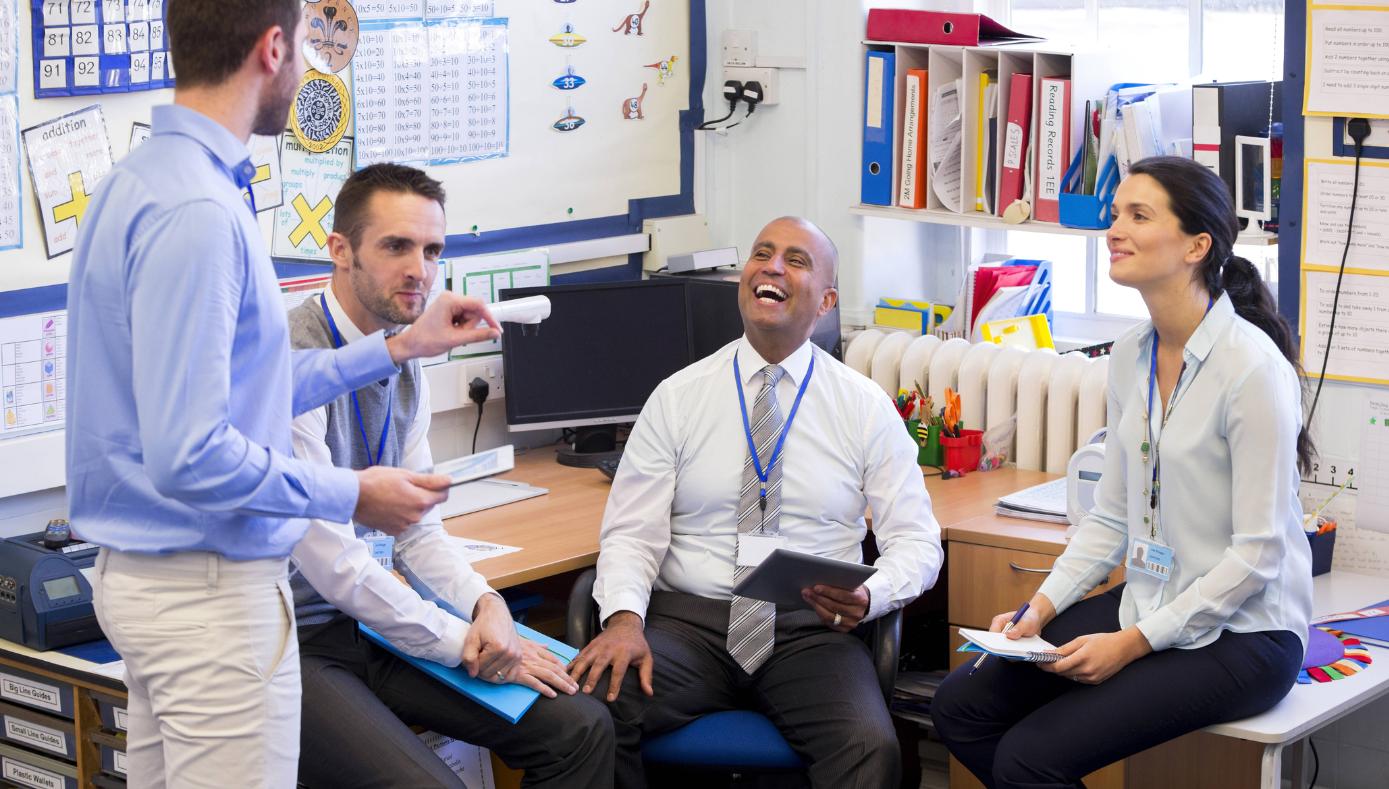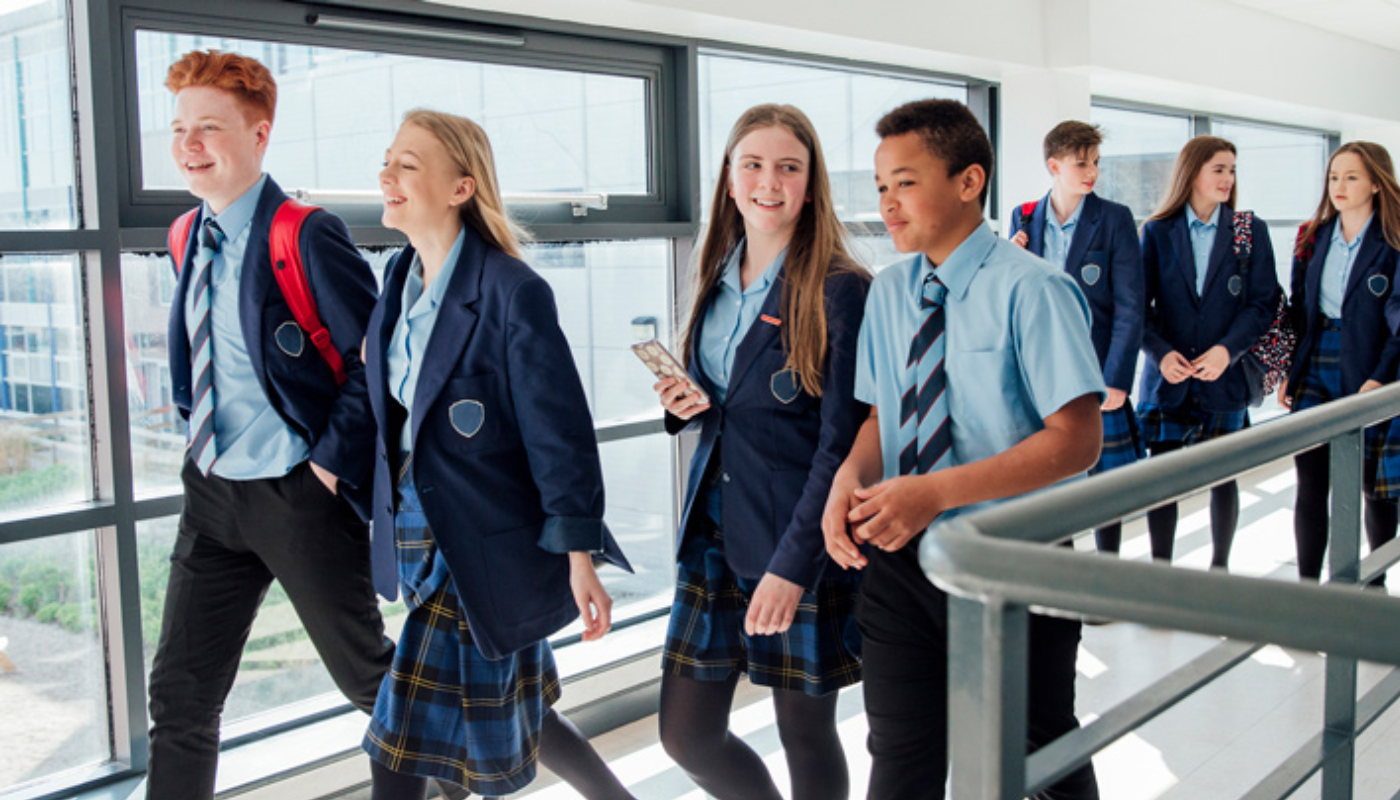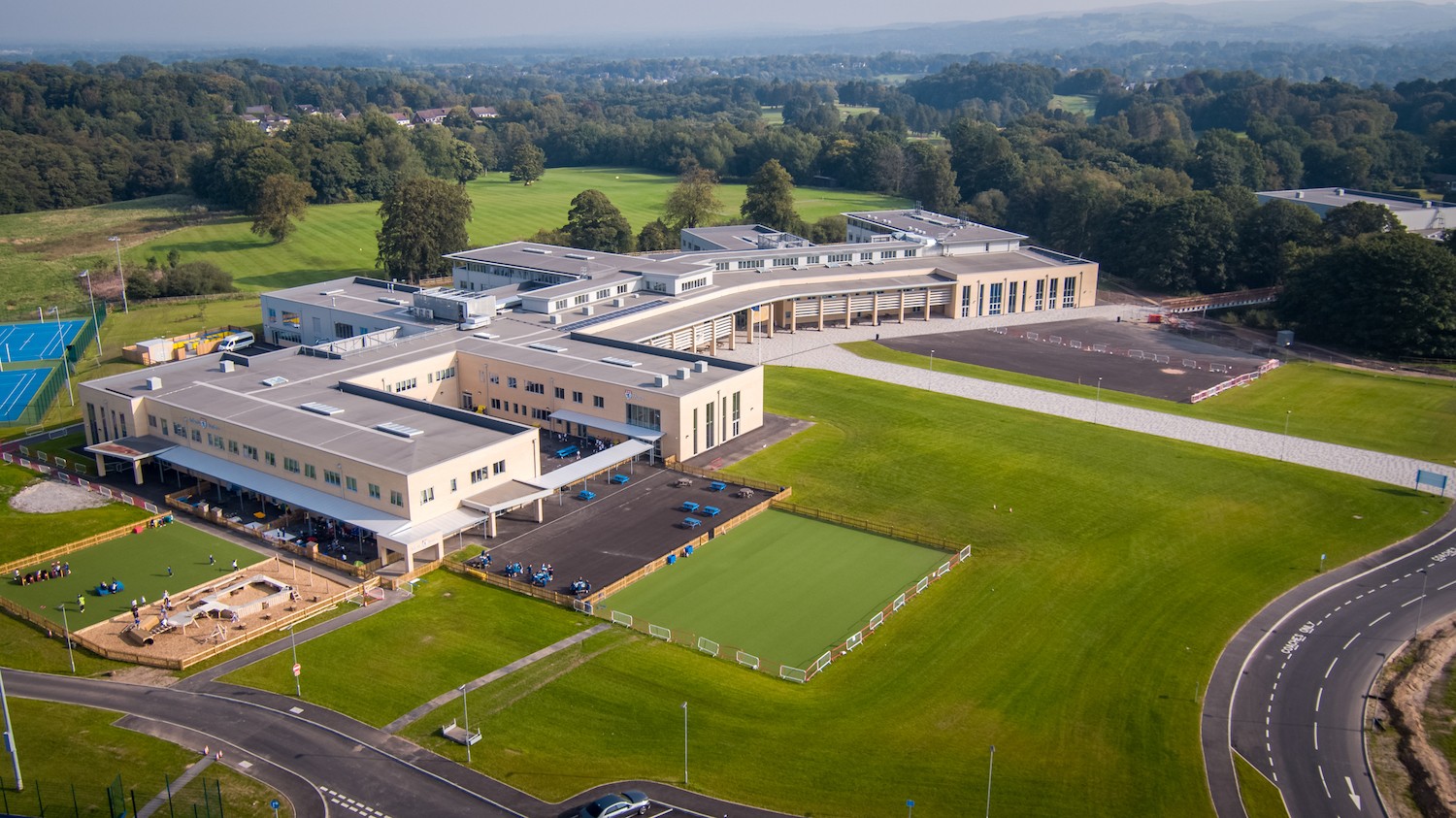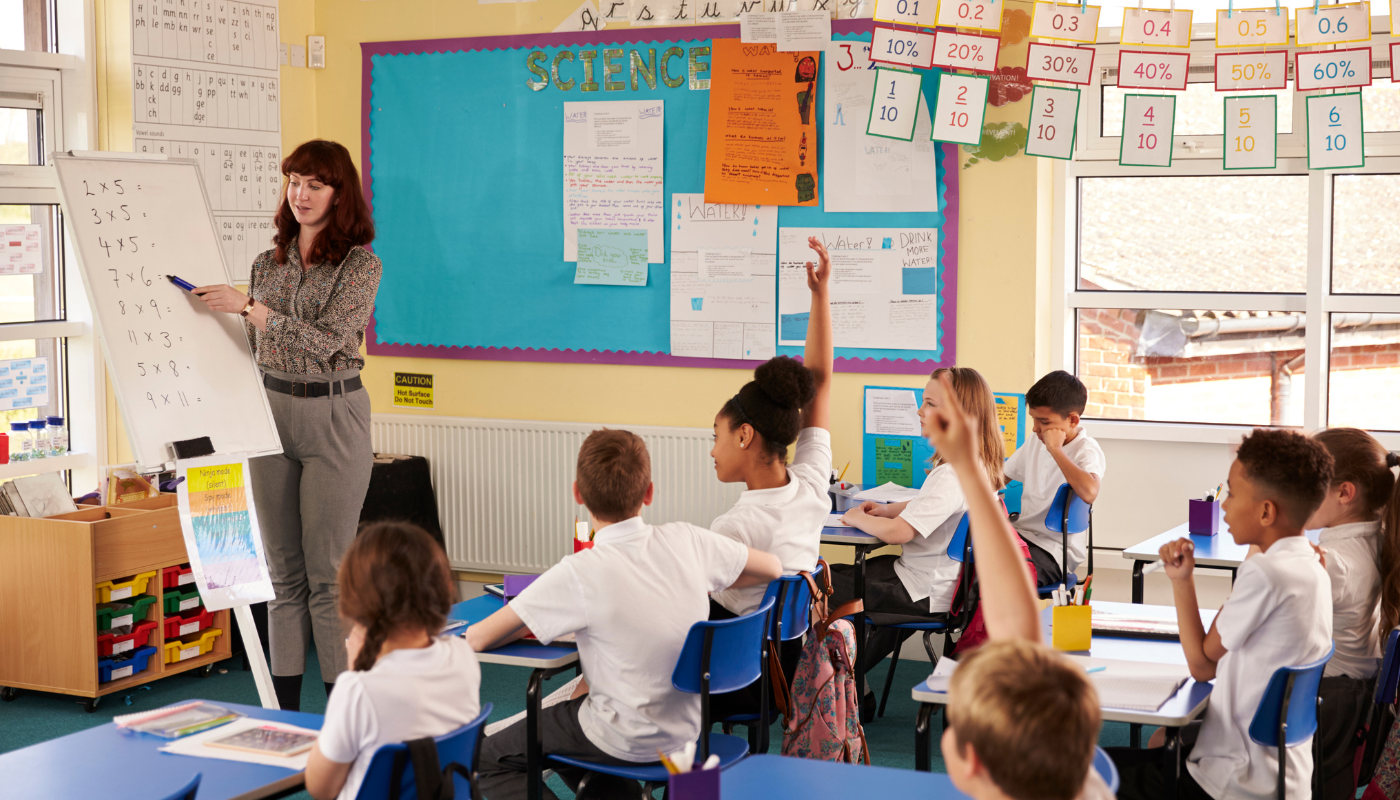Smartphone-Free Until Fourteen: How St Albans Schools Are Tackling Online Harm Head-On

In a bold and inspiring move, 33 primary schools in St Albans, Hertfordshire have joined forces to take a stand against the rising impact of smartphones and social media on young children. Together, they’ve launched a smartphone-free pledge, encouraging parents to delay giving their children smartphones until at least the age of 14.
It’s a local initiative with national relevance and one that could set a new precedent for digital wellbeing in primary education.
Why The Pledge?
Headteachers across the area had grown increasingly concerned about the effects of smartphone use outside school hours and how these were manifesting inside their classrooms.
From distraction and anxiety to social fallouts and exposure to inappropriate content, the ripple effects were hard to ignore. The pledge was created to help protect childhood, reduce online pressures, and give children the space to develop healthier, real-world connections.
At Cunningham Hill Primary, one of the schools leading the charge, the results have been striking: Smartphone ownership among Year 6 pupils dropped from 68% to just 7% in one year.
The Impact in The Classroom
School leaders are already seeing tangible benefits:
- Improved focus and engagement in lessons
- Stronger peer relationships and more outdoor play
- Fewer issues linked to group messaging apps, such as bullying or inappropriate conversations
Before the pledge, staff were regularly managing fallout from online messaging groups, sometimes with up to 90 participants, many of whom weren’t even pupils at the school. There were also growing concerns around exposure to harmful content and online influencers, such as Andrew Tate, with staff reporting a noticeable rise in toxic attitudes and behaviours among older pupils.
What’s next?
While this local initiative has proven powerful, many schools feel that they can’t tackle this issue alone. Leaders in St Albans are now calling on the government to consider national guidance or policy around smartphone use for under-14s, echoing the growing call across the education sector to reduce the pressure on schools, parents, and children alike.
At NextGen Teachers, we know how complex this issue can be for educators. From safeguarding and pastoral care to digital literacy and curriculum planning, smartphone use now touches every part of school life.
The St Albans pledge is a timely reminder that community-led change is possible, and that when schools, parents and pupils work together, meaningful progress can happen.
As conversations around smartphones, screen time and online safety continue, we’re here to support schools in fostering environments that prioritise wellbeing, relationships and real-world learning.







